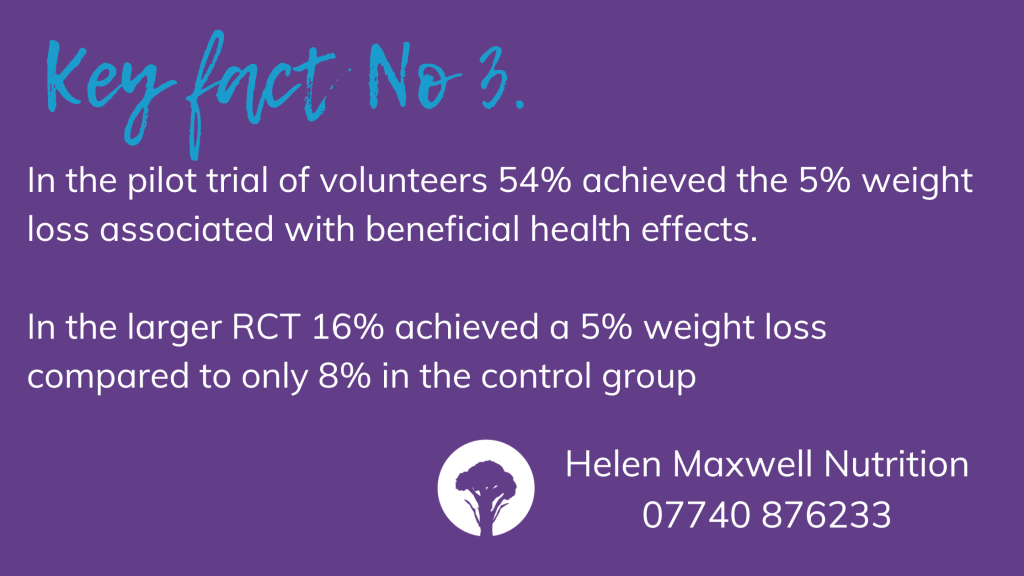
This BLOG looks at the outcomes of an interesting study on weight control.
GP’s are often the first port of call for weight control advice. However they aren’t in a position to provide specialised therapy in this area. The researchers identified that although healthy ‘habits’ are the aim of many weight loss programmes, very few draw on the theory of habit formation. So they designed a simple effective intervention that could be delivered without specialist skills and based on the fundamentals of building habits.
The essential feature of the psychological theory of habit formation is that habits are stimulated by environmental contextual cues. The intervention took the form of a leaflet called ‘Ten Top Tips’ (10TT) and it incorporated this idea. It listed target behaviours with advice on repetition and context. It also recommended self-monitoring during the habit acquisition phase.

A pilot study was carried out and then a small scale randomised control trial (RCT) with a volunteer population. Subsequently a larger RCT was carried out with 537 primary care patients.

Pilot RCT weight loss results at 8 weeks and 32 weeks
| 8 weeks 10TT | 8 weeks No action | 32 weeks 10 TT | Comments | |
| Weight loss | -2.0 kg | - 0.4kg | -3.6 kg | 54% achieved the 5% weight loss associated with beneficial health effects |
Larger RCT weight loss results 537 participants after 3 months
| 10TT group | ‘Usual care’* | Comments | |
| Weight loss | - 1.68 kg | - 0.84 kg | 16% achieved a 5% weight loss compared to only 8% in the control group |
* N.B. Usual care refers to the standard care provided by GP’s versus the 10TT leaflet. In the pilot study the volunteer pilot RCT the control group didn’t receive any kind of care. The participants in the larger RCT were recruited from GP surgeries whereas the pilot study recruited volunteers.

The interesting thing to note is that in the pilot study weight loss continues after the intervention ended. Maintenance of weight loss is often the biggest challenge for most people.
The 10 Top Tips (10TT)

I’ve reproduced the top 10 tips in full above as per the study. My main comment is that I am not necessarily a fan of reduced fat products as they often use sugar or artificial flavourings to replace the fat content. However monitoring your total fat intake is useful and especially any trans-fat intake as this will hamper weight loss efforts. I often refer clients to the BANT healthy plate https://bant.org.uk/bant-wellbeing-guidelines/. My other comment on the ‘top ten’ is re sugar free squashes. These will often use sweeteners which are neuro toxic and confuse the body. It’s best to wean yourself off these kind of drinks entirely.
They calculated that these habits would generate a calorie deficit of between 800-900 calories daily.

References
Beeken, R.J. et al. (2012) Study protocol for the 10 Top Tips (10TT) Trial: Randomised controlled trial of habit-based advice for weight control in general practice; BMC Public Health; 12 pp. 667
Beeken, R. J. et al. (2017) A brief intervention for weight control based on
habit-formation theory delivered through primary care: results
from a randomised controlled trial; International Journal of Obesity 41 pp.246-254




